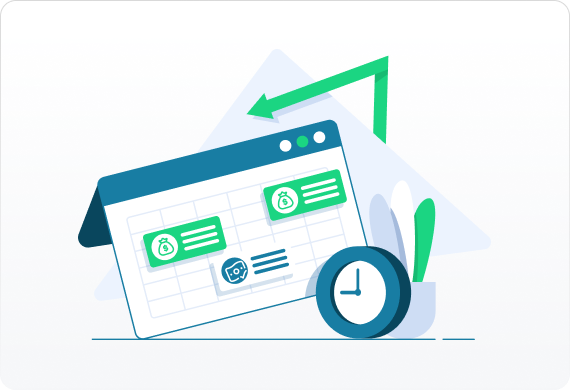Construction companies need a lot of capital. Equipment, supplies, and personnel are the lifeblood of your business. We’ve been helping construction companies like yours grow for the past ten years. We have the expertise required to help you find the right business loan that will drive success.
You’ve already tackled one challenge by running your own construction company. Now you need to manage your cash flow so you can run and grow your business. Taking on more projects may help you expand quickly. Broadening your geographic scope allows you to bid on a different set of projects. Accepting larger projects opens more markets. These changes are expensive, but they’re crucial for expanding your business.
Shield Funding offers many business loan products that can help you run and grow your construction company. The process is fast and easy and you can get started online in minutes.







